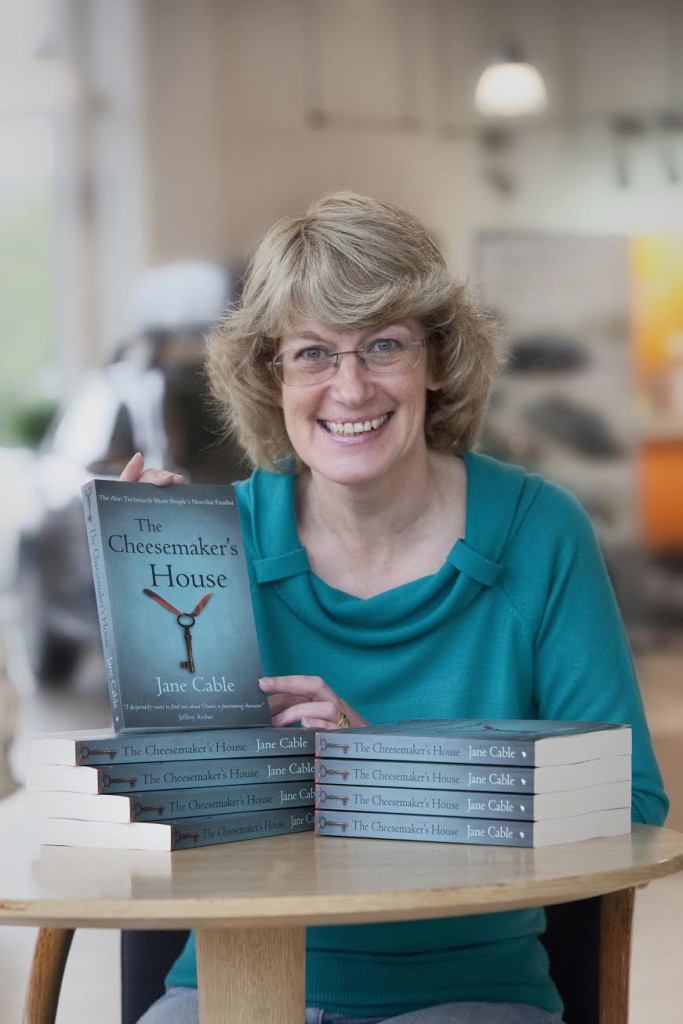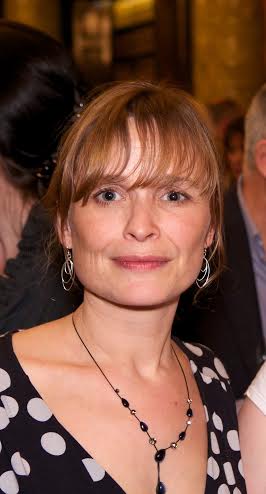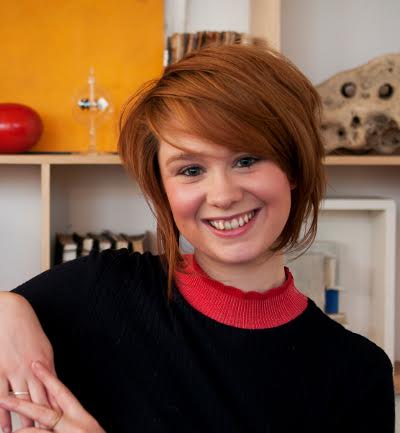 Throughout 2017 I’ll be alternating my own blog posts with interviews with other authors and book business insiders. I have a background in business myself, having trained as a chartered accountant and run my own company for the last sixteen years and when I embarked on my career as an author it was comforting to know how the commercial world works.
Throughout 2017 I’ll be alternating my own blog posts with interviews with other authors and book business insiders. I have a background in business myself, having trained as a chartered accountant and run my own company for the last sixteen years and when I embarked on my career as an author it was comforting to know how the commercial world works.
One of the biggest lessons I’ve learnt in my business life is never to ask anyone to do anything you wouldn’t do yourself. So in that spirit I’m going to kick off the series by answering the questions I’m going to be asking other authors.
How much of your working life does the business of books take up?
Up until now I’ve planned my working life so that a day a week is devoted to writing and the rest to the accountancy business I run with my husband. In practice I rarely take a whole day off so I’d say the split of my week as a whole is more like 25:75.
In 2017 all that will change as we’re going to move to Cornwall so that I can write more or less full time. Enough of our accountancy business can be done online or in distinct jobs which can completed with visits back to Hampshire when we’ll catch up with friends as well. We felt it was a bit of a risk but we have good relationships with our clients and most have been really supportive.
Now we just have to sell our house!
What’s your business model to earn a living from writing?
Unlike most authors, at the moment my only income stream from writing is book sales.
Being an accountant I set up my writing in a separate limited company from the start. The company owns the copyright to all my work and is owned by our accountancy business because I knew I would make losses initially so it was a more tax efficient structure.
2016 will be the first year the company makes a profit and I’m really proud it’s come so soon. This is purely from sales of The Cheesemaker’s House and The Faerie Tree – mainly ebooks and mainly from Amazon, although paperback sales from local outlets and events have also played a part.
At the moment I plan to re-invest any profit I make in marketing in the hope that the accountancy business can continue to generate enough money for us both to live off.
What do you write and what do you consider to be your major successes?
I write romantic novels with a twist of suspense. Undoubtedly the things which have made the most difference to my writing career were winning prizes. Way back in 2011 an early draft of The Cheesemaker’s House was a finalist when the Alan Titchmarsh Show won a competition sponsored by Harper Collins to find a new novelist. It gave me the confidence to press ahead and publish the book independently when I couldn’t find an agent or a publisher for it and it’s still my biggest commercial success, ending 2016 in the top 100 romantic ghost stories in the Kindle UK chart.
But it was the second competition the book actually won – the Words for the Wounded Independent Novel Award in 2015 – which moved my career on a stage when as a direct result I was signed by my agent, Felicity Trew. Within a year I had my first publishing contract with Endeavour Press.
Tell me about your latest project
My Endeavour ebook, Another You, was published just before Christmas. As Frost readers who regularly follow my blogs will know, the timing was something of a surprise and my latest project is getting together some serious marketing.
But the new writing cannot stand still and I am on the verge of completing an initial draft of what I hope will be my next novel, a romantic mystery set under the endless skies of Lincolnshire.
Jane Cable
www.janecable.com
@JaneCable






